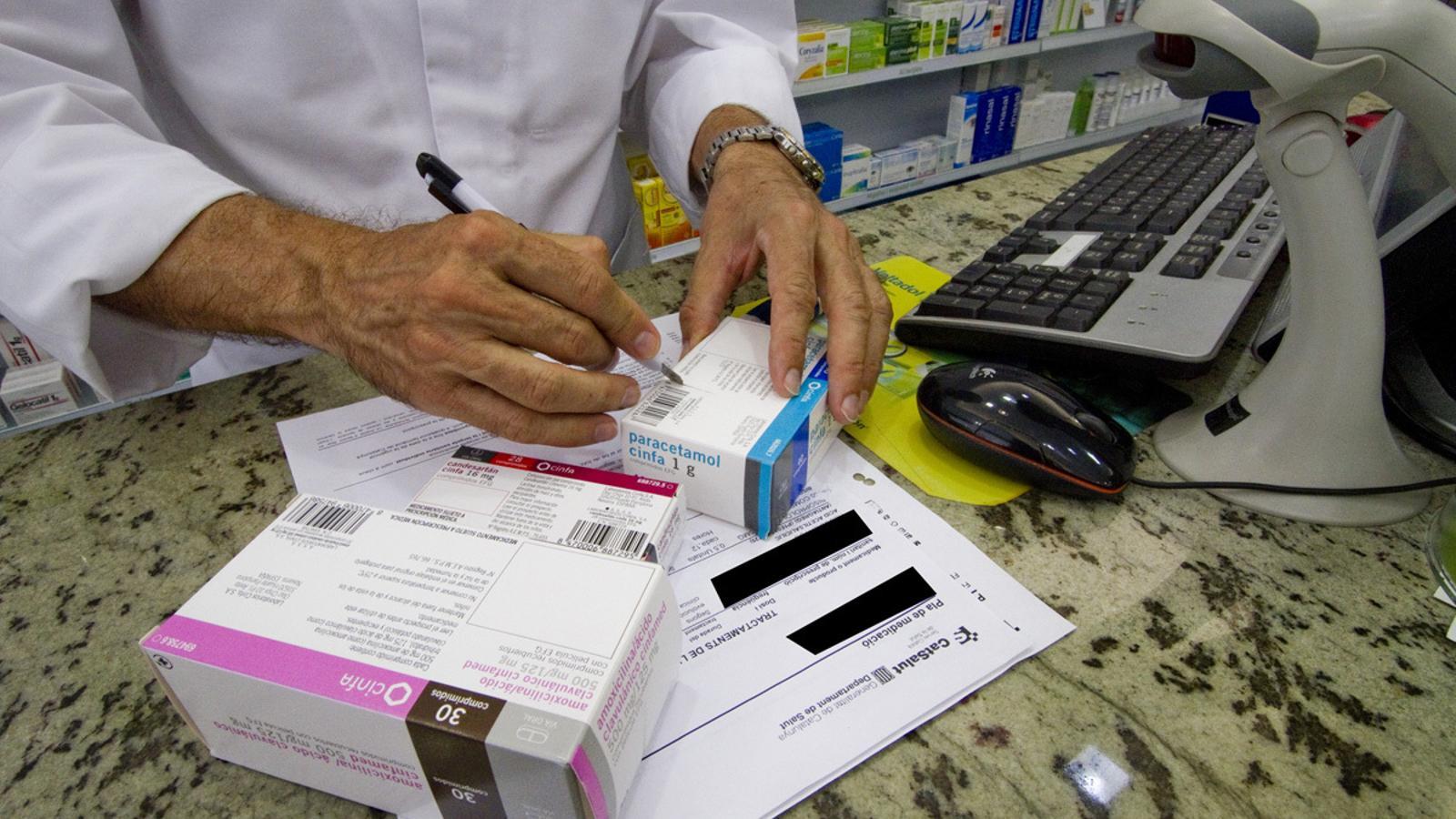

2012-2013. Citizens picked up their medications at pharmacies, but many did so with the anguish of thinking what would happen if we stopped being able to buy them. Now we know that all of this could have been avoided.
For years, Catalan pharmacies personally endured non-payments and delays that jeopardized not only our activity, but, above all, citizens' right to uninterrupted access to their treatments. We didn't fail. But we paid dearly. And I'm not just talking about the economy.
The impact fell heavily on the population. Many citizens, despite continuing to pick up their medications, knew—because they heard it on the news, because the neighborhood commented on it, because they sensed it—that this essential service was hanging by a thread. And they lived with the anguish of thinking what would happen if one day there wasn't enough stock, if the neighborhood or town pharmacy was forced to close, or if the wheel simply stopped turning.
Now, in the light of the current controversy, a wound that won't heal has reopened, because in Valencia and Murcia, once again, pharmacies have not been paid promptly. We learned that, while pharmacies were advancing money to guarantee universal access to medicines, alleged privileged dealings with large corporations and cases of corruption could occur in the Ministry of Finance and the Tax Agency, reducing revenues. An administration that entity It failed us—and, by extension, the public—while allowing, if judicially confirmed, the powerful to influence the drafting of laws tailored to their interests, compensating for the lack of revenue with late payments to the smallest, SMEs like pharmacies.
This institutional double standard, forcefully denounced by Antoni Cañete, president of the Multisector Platform against Late Payments (PMcM), is the one that hurts the most. The regulations that should have prevented the suffering caused by non-payments or delays were blocked, and still are. Sanctions against late payments never arrived. And small suppliers—like pharmacies and so many other SMEs—continued to be collateral damage in a system that, when silent, consents.
As pharmacists, we join together to demand solutions from the administrations, without leaving the citizen aside, or using them as hostages to pressure, first the Federation of Pharmacy Associations of Catalonia (Fefac) and the Council of Colleges of Pharmacists and, later, with PIM and , with PIM as an essential sector.
As a society, we cannot allow this to happen again. That's why we need to demand transparency, accountability, and respect for those of us who raise the blinds every day to keep the country running. But we also need to be more organized because the voice of micro-businesses and the self-employed must be heard in the institutions, in the command center, where it has never been heard with its own independent voice, through organizations like Fefac, Pimec, and Conpymes.
Pharmacy isn't just about healthcare: like all other SMEs, it's about the economy, the territory, stability, social cohesion, equity, roots, and proximity. And, above all, it's an essential public service, with private ownership and responsibility, owned by a self-employed person.
This alleged case of corruption outrages us not only for what it reveals, but for what it symbolizes. Because every time—and this isn't the first time—the government fails to pay on time or fails to manage exclusively in the common interest, the one who suffers the consequences, in one way or another, is always the citizen. And every time a powerful person can change a rule for their own benefit, part of social democracy is eroded, and once again, ultimately, the citizen suffers. If we don't want to go back to what we've already experienced, we must remember, demand, and act. The future cannot be left in the hands of the same mistakes.
